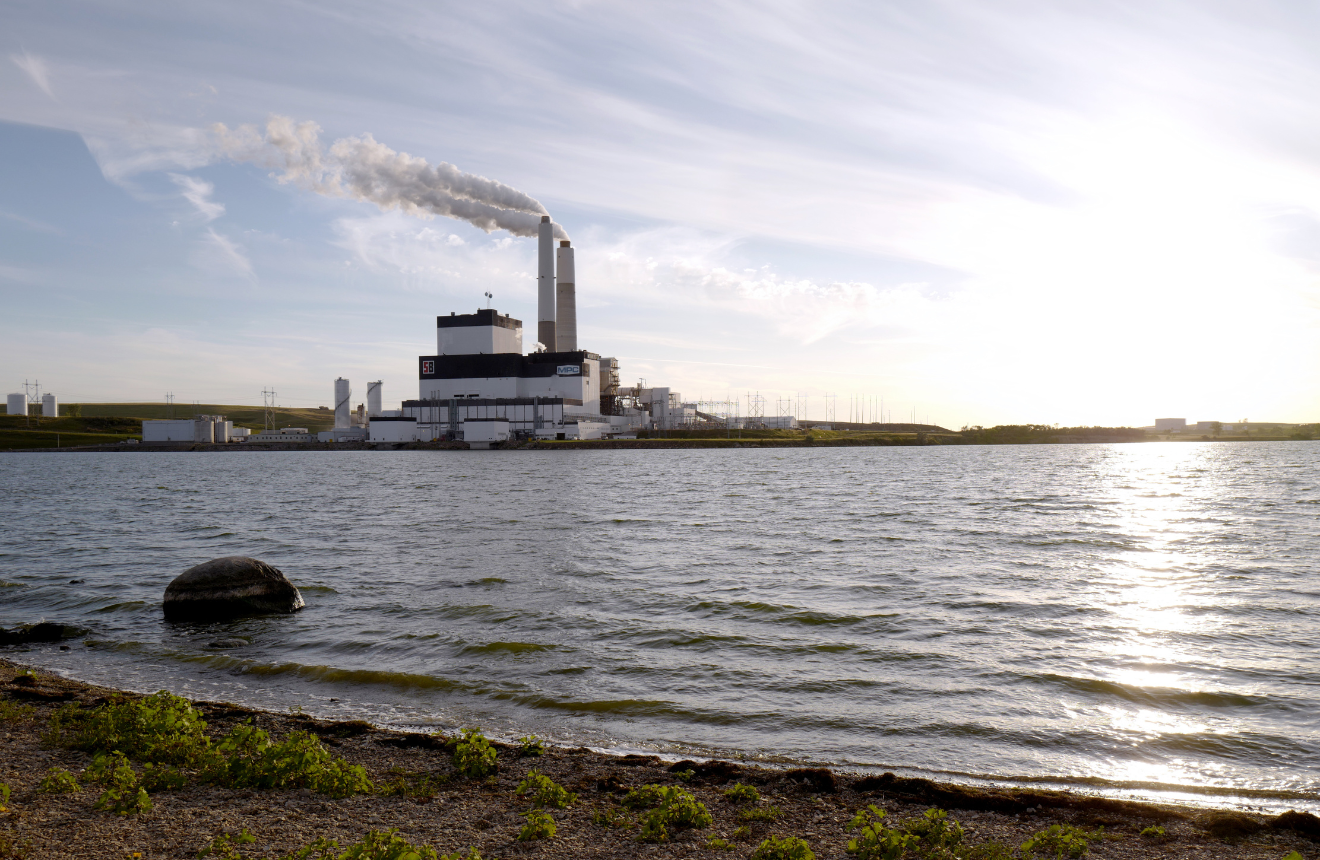Our Office: 4100 32nd Ave. S. Fargo, ND 58104
The most pressing issue we face

Cass County Electric Cooperative takes seriously our commitment to providing the reliable, affordable electricity your family, farm or business needs, when you need it.
We are proud of our system reliability. Your electric cooperative works every day to control what it can control, so you have reliable power. From trimming trees to regular pole testing and upgrading aging infrastructure, these investments help ensure our local electric system is reliable.
Of course, some things are out of your cooperative’s control. Like the weather. But we know how to weather storms. Our line crews are prepared and trained to respond to outages in bad weather.
Other issues arise, too. Those which we cannot control, but may influence. What am I talking about? Regulation. Legislation. Politics. Because each affects electric cooperatives, Cass County Electric Cooperative is a member of national and statewide electric cooperative associations, which advocate for policies that benefit electric cooperatives. The National Rural Electric Cooperative Association (NRECA) is our voice in Washington, D.C., and the North Dakota Association of Rural Electric Cooperatives (NDAREC) is our advocate in North Dakota.
We do our best to avoid political talk in your electric co-op magazine (unlike that one uncle at Thanksgiving), but sometimes critical national or state issues arise that can’t – and shouldn’t – be avoided.
On April 25, the Environmental Protection Agency (EPA) released new power plant rules, which threaten U.S. electric reliability and would force the premature retirement of reliable, dispatchable, baseload electric generation assets. It’s the most pressing issue electric cooperatives face today.
Why? And how does it affect you?
EPA rules
The EPA rules aim to cut emissions from power plants by imposing unrealistic timelines and relying on technology not yet deployable.
To operate past the start of 2039, the new regulations require existing coal-fired power plants to reduce carbon dioxide emissions by 90% by 2032. To do so requires coal plants to deploy carbon capture and sequestration (CCS) technologies. Though promising and actively being pursued by electric cooperatives, CCS is not yet proven or commercially available. Coal plants unable to meet the new emission standards would be forced to shut down. New natural gas units must also meet the new standards.
How it effects you
Cass County Electric Cooperative and our power supplier have mechanisms in place to mitigate risk and keep our local electric system reliable.
One of the ways this is accomplished is with a diverse energy portfolio. The electricity you use at any given time may be powered by a variety of energy sources – environmentally beneficial renewables like wind and solar, hydro, natural gas or coal. The resources complement each other. If one energy source is unavailable, there is usually another source available to compensate.
Coal has long provided Cass County Electric Cooperative’s members with always available, low-cost power. A future without coal, with the technologies available today, is a threat to the reliability you enjoy as a member of this cooperative.
Simply put: The EPA power plant rules jeopardize our ability to keep the lights on. It will lead to more blackouts, higher costs and uncertainty for families and businesses.
What you can do
Join the network of electric co-op members working together to influence elected officials who are making energy policy decisions that impact our co-ops and our rural way of life. Sign up at www.voicesforcooperativepower.com.
Know Cass County Electric Cooperative and electric cooperatives nationwide are working hard to protect your interests. We will continue to push back on these problematic rules. We will continue to seek solutions to reliability challenges. And we will never forget our commitment to you.
